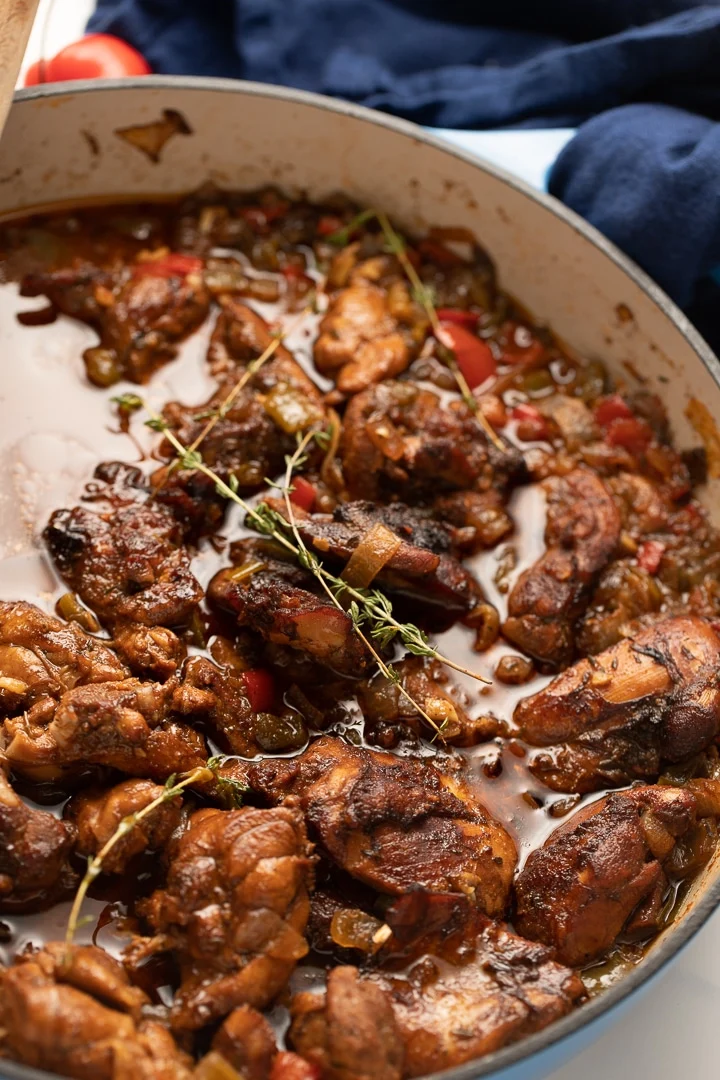14 August, 2025
0 Comments
2 categories
what’s the difference between ghanaian and nigerian jollof
There are a number of differences between Ghanaian and Nigerian jollof rice, though both are beloved staples in West African cuisine
.

Here’s a breakdown of the key distinctions:
1. Type of rice
- Ghanaian: Often uses fragrant basmati rice (also called jasmine rice), contributing to a softer texture and distinct aroma.
- Nigerian: Typically uses long-grain parboiled rice, which is sturdier and designed to absorb the flavors of the stew well, resulting in a fluffier consistency.
2. Spice blends and flavor profiles
- Ghanaian: Known for a deep tomato flavor and a spicy kick, often incorporating ginger, garlic, nutmeg, and potentially spices like fennel, coriander seeds, and rosemary, according to a YouTube video on Ghana jollof.
- Nigerian: Features a bold, often spicier flavor profile with the characteristic smoky taste often associated with “party jollof”. Uses spices like curry powder, thyme, and white pepper, alongside a rich tomato base made with red bell peppers.
3. Cooking techniques
- Ghanaian: May involve preparing a savory tomato stew and meat stock separately, then combining them with the rice to cook.
- Nigerian: Often uses a one-pot method where the rice and rich tomato sauce (with spices and seasonings) cook together, allowing for deeper flavor infusion. A key element in Nigerian jollof is sometimes letting the rice develop a slightly burnt, crispy layer at the bottom of the pot, adding to the smoky flavor.
4. Serving style and sides
- Ghanaian: Commonly served with shito (a spicy condiment made with chili and dried shrimp) as a topping, along with sides like fried plantain, meat or fish.
- Nigerian: Often accompanied by fried plantains, sometimes a boiled egg, or other sides like coleslaw, moimoi (steamed bean pudding) or a simple salad.
In essence
While both countries boast delicious variations of this iconic dish, Ghanaian jollof is often noted for its aromatic rice and richer tomato flavor, while Nigerian jollof is known for its bold spiciness and signature smokiness. The best way to truly appreciate the differences is, of course, to try both!

